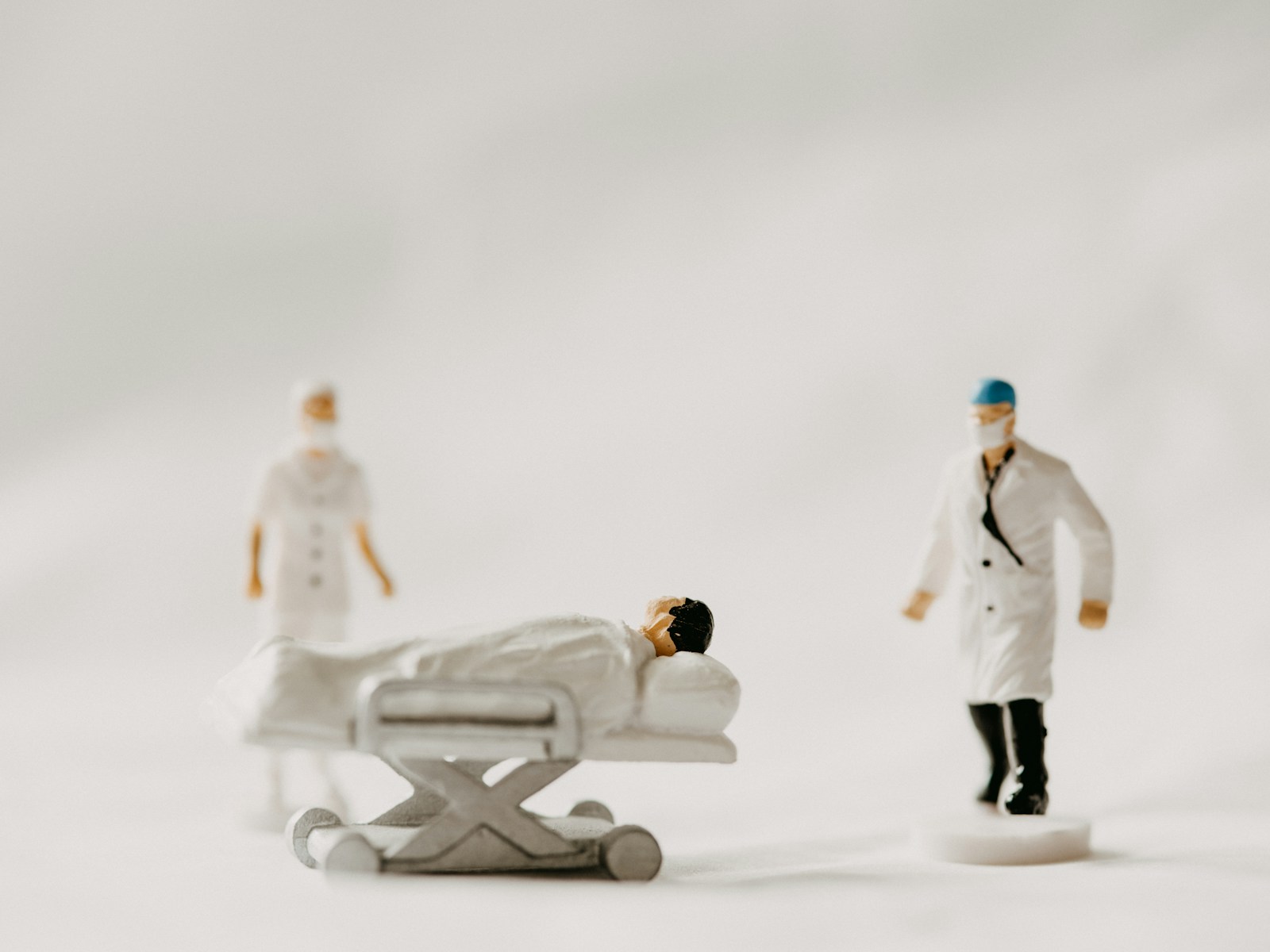The renowned Fred Hutch Cancer Center just shared good news about cancer and cannabis
The World Health Organization (WHO), The American Medical Association (AMA), Harvard, the Mayo Clinic and more have agreed medical marijuana can help those with cancer. But the respected Fred Hutch Cancer Center recently released a bit of surprising data. It is also a sign the US government should move quicker on mainstreaming cannabis and research to help understand and expand medical benefits.
RELATED: Science Says Medical Marijuana Improves Quality Of Life
Named after the baseball player Fred Hutchinson who died of lung cancer at age of 45, his brother founded what is today the Fred Hutchinson Cancer Center. It is dedicated to the study of heart surgery, cancer, and diseases of the endocrine system. Scientists at Fred Hutch Cancer Center dug into cannabis use among their cancer patients with a recent study.

The study published in the journal Cancer Causes & Control used the cancer registry for the Pacific Northwest region to identify 1,515 patients who’d been diagnosed from April to December 2020. More than 40% of the patients reported cannabis use after their cancer diagnosis. Research has shown marijuana can be effective in treating nausea and vomiting from cancer chemotherapy. Additionally it can be helpful treatment of neuropathic pain. There is widespread knowledge and many paths for patients to figure out how to use medical marijuana.
The Fred Hutchison researchers discovered most patients used edibles (60.5%) or smoked it (43.8%). The most frequent reason for use cited in the survey were sleep (54.5%); mood, stress, anxiety and depression (44.3%) followed by pain (42.3%).
Patients in chemotherapy often use anti-nausea drugs, but may supplement with cannabis if the drugs prove ineffective. In addition, cannabis is sometimes used as a way to stimulate appetite in patients or to help with insomnia (cancer medications often include steroids which can cause sleeplessness).
RELATED: California or New York, Which Has The Biggest Marijuana Mess
Lead author Mimi (Trucmai) Ton, MPH, shared “About half of those who used cannabis after their cancer diagnosis reported using it at least several times per week during cancer treatment,”
Co-author Jaimee Heffner, PhD, director of Fred Hutch’s TReHD(Tobacco-Related Health Disparities research group), stated “The overall prevalence of cannabis use was a little eye opening.”
What is not surprising is the relief and non-addictive qualities which come with medical marijuana done correctly and in right dose.


